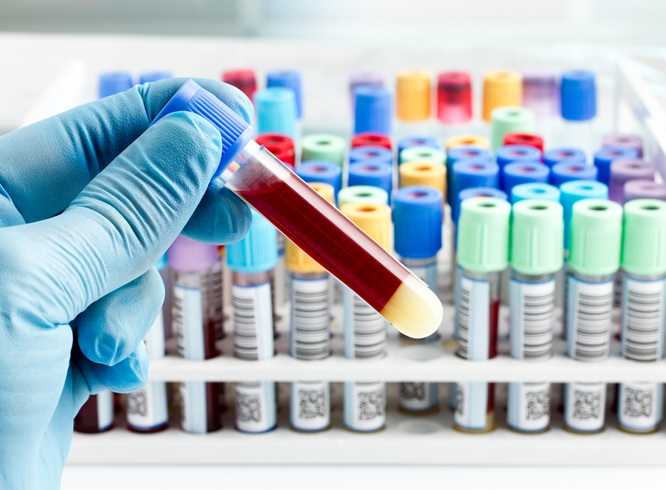Precision Oncology Test Predicts Patient Toxicity Before Beginning Chemotherapy
Posted on 04 Jun 2025
5-fluorouracil (5FU) and capecitabine have been cornerstone chemotherapeutic agents for over four decades, effectively treating a variety of cancers. However, 5FU/capecitabine can cause varying degrees of toxicity, with 30-40% of patients experiencing severe side effects such as neutropenic sepsis, hand-foot syndrome, and diarrhea. In addition, 0.5-1% of patients may suffer from life-threatening toxicity. Predicting toxicity based on physiological factors alone has proven difficult due to the complex pharmacokinetics of 5FU, which makes determining the appropriate dose challenging for individual patients. Now, a groundbreaking test can help identify patients most at risk for severe reactions to 5FU/capecitabine before treatment begins.
Oxford Cancer Biomarkers’ (OCB, Oxford, UK) proprietary ToxNav test is a precision oncology breakthrough that identifies patients most likely to experience severe toxicity from 5FU/capecitabine treatment. By detecting over 20 genotypic variants linked to adverse reactions, the test helps prevent life-threatening toxicity and reduces the associated treatment costs. After identifying a patient's genotype, ToxNav stratifies them into one of four risk categories: critical risk, high risk, standard risk, and standard risk with a high risk of hand-foot syndrome (HFS).

Unlike other biomarker tests, which typically focus on a small number of single nucleotide polymorphisms (SNPs) to assess risk, ToxNav incorporates 20 SNPs to enhance the specificity of its results. This broader genetic analysis accounts for more variants that affect DPYD gene function and disrupt the 5FU metabolic pathway, thus offering a more comprehensive understanding of toxicity risks. ToxNav has demonstrated clinically superior sensitivity and specificity compared to other tests that assess similar toxicities and is the only test with robust clinical validation from a large study.
“We developed our ToxNav test to identify cancer patients that have a high likelihood of undergoing extreme toxicity to 5FU/capecitabine treatment, which is one of the most widely used cancer drugs in the world,” said Dr. David Kerr, Founder and Director of the Board of OCB, and Professor of Cancer Medicine at Oxford University. “We have already clinically proven that ToxNav identifies patients that are susceptible to extreme toxicity.”
Related Links:
Oxford Cancer Biomarkers














